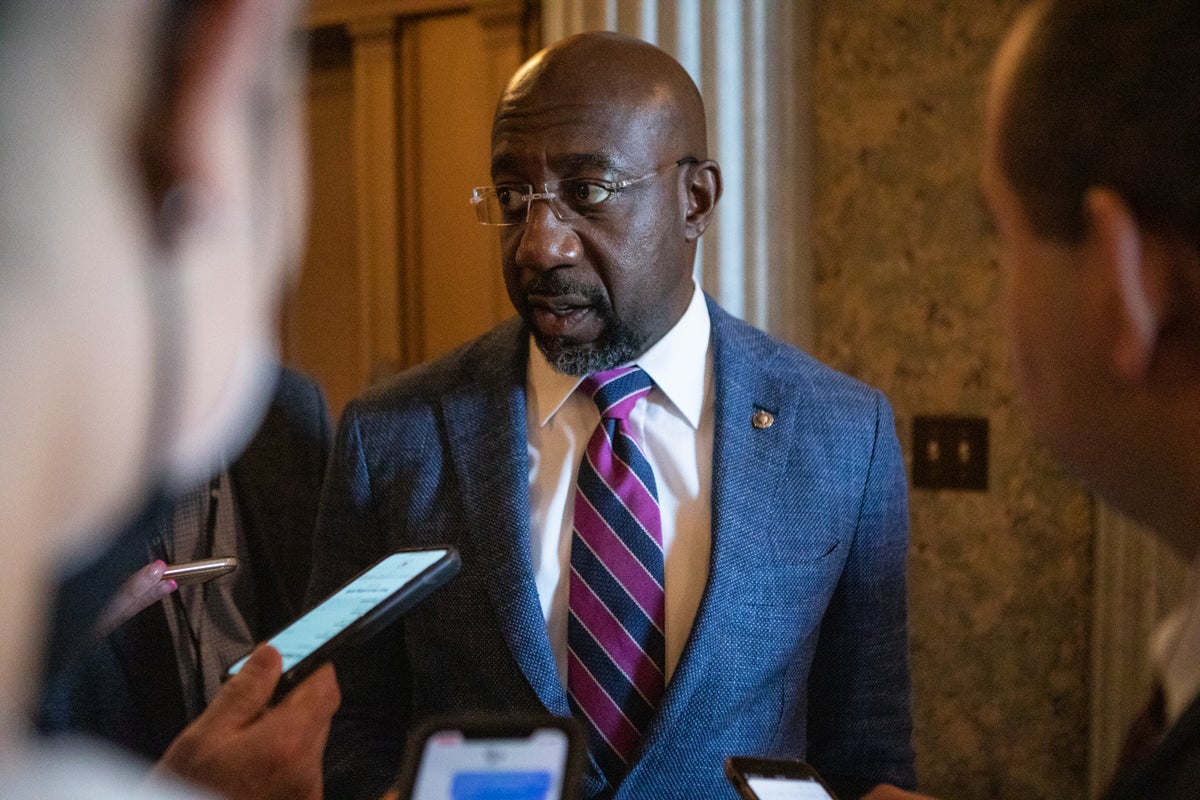
Republicans were successful on Sunday in voting down a part of the Democrats’ climate and healthcare legislation that would have capped the price of insulin at $35.
Democrats wanted to include a cap on the price of insulin for those with private coverage and on Medicare in their proposed legislation called The Inflation Reduction Act of 2022. Along with provisions to curb climate change, they hoped to use the legislation to lower the cost of prescription drugs.
But senate parliamentarian Elizabeth MacDonough issued a guidance saying that the price cap did not comply with the rules for budget reconciliation, which allow for the Senate to pass legislation with a simple majority. Democrats have only 50 Senate seats and therefore wanted to avoid a Republican filibuster for their legislation.
In turn, senator Lindsey Graham of South Carolina, the ranking Republican on the Senate Budget Committee, raised a point of order on the insulin aspect, saying it violated the Congressional Budget Act, which governs what could be included in a reconciliation bill. This required it to receive 60 votes to stay in the bill.
Seven Republicans voted to keep the provision in the legislation, three short of what was needed, along with every Democrat. Senators Bill Cassidy of Louisiana, Susan Collins of Maine, Josh Hawley of Missouri, Cindy Hyde-Smith of Mississippi, John Kennedy of Louisiana, Lisa Murkowski and Dan Sullivan of Alaska joined Democrats.
Democratic senator Patty Murray, the chairwoman of the Health, Education, Labor and Pension Committee, urged Republicans to keep it in the legislation. Democrats have long sought the goal to cap the price of insulin with president Joe Biden even including it in his State of the Union address in March 2022.
“We have an opportunity here to make a difference and permanently cap insulin at $35 a month,” she said. “It will save money, it will save lives. This should not be a hard vote to cast.”
Senator Raphael Warnock of Georgia, the main sponsor of the insulin cap, told reporters before the vote that the Senate, not the parliamentarian, was to blame.
“This is up to the Senate tonight. It's not up to the parliamentarian regardless of how she views,” he said on Saturday evening before votes on amendments began.
The vote to strip out the amendment came toward the end of a “vote-a-rama,” which occurs during budget reconciliation when senators vote on a flurry of amendments, typically considered for ten minutes a piece. But the vote-a-rama for the Inflation Reduction Act moved at a far slower pace as many senators did not stay at their desks.
Democrats for the most part presented a unified front, opposing even legislation they supported as a means of keeping their caucus together and not alienating any single member.
The move also comes after the senate parliamentarian issued guidance saying that part of the legislation that would require pharmaceutical companies to rebate Medicare if it raised drug prices higher than inflation did not comply with budget reconciliation rules.







